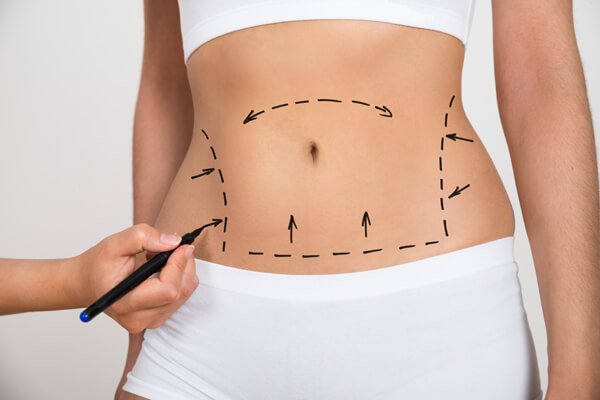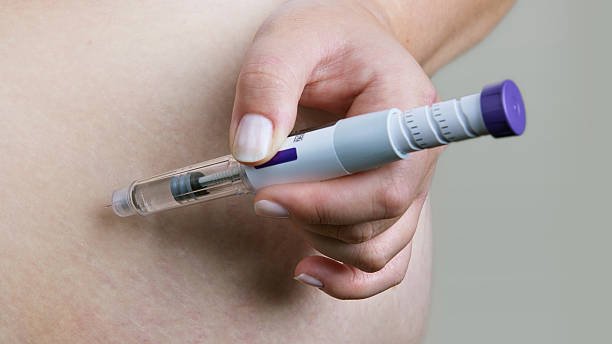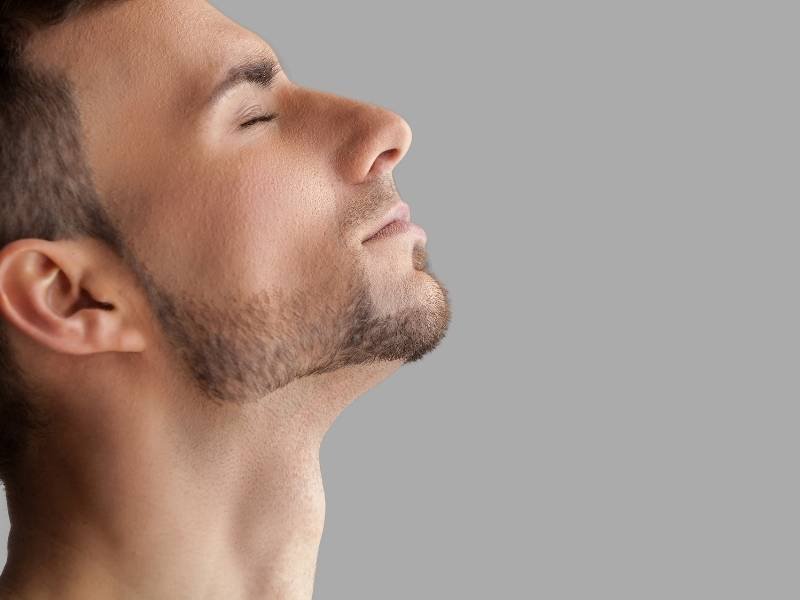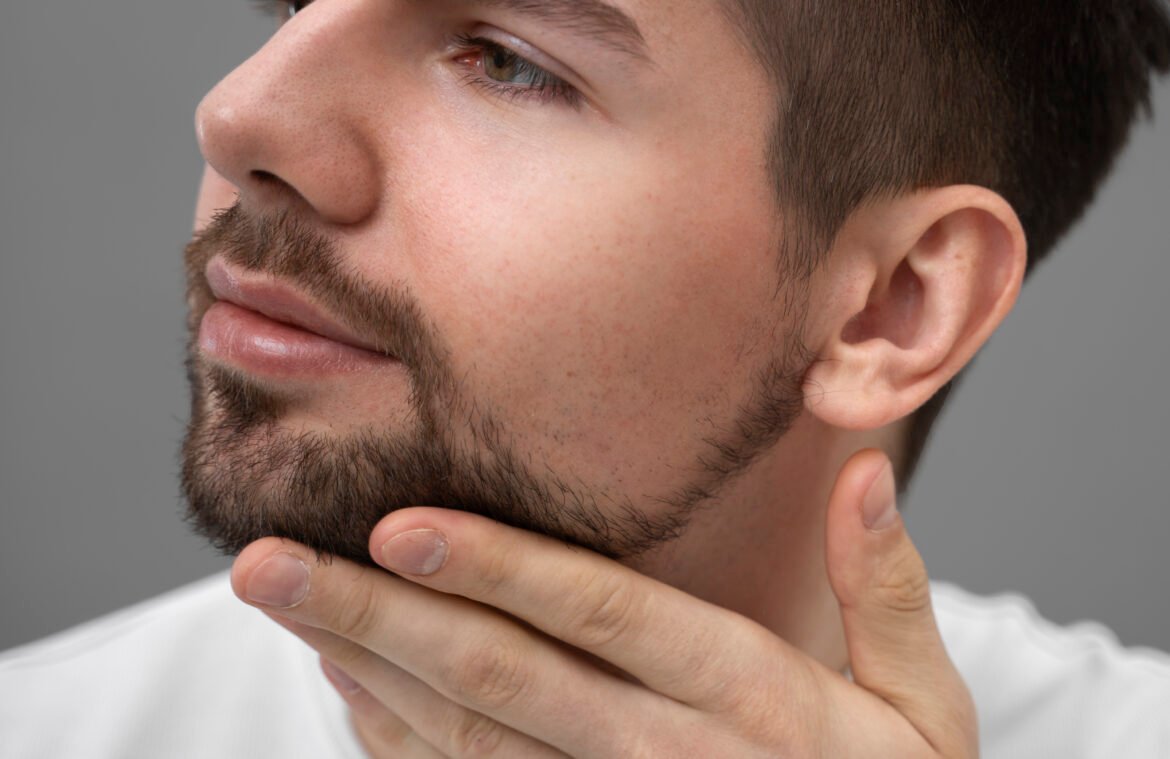Liposuction surgery has gained immense popularity as a cosmetic procedure aimed at sculpting and contouring the body by removing stubborn fat deposits. This procedure appeals to many individuals seeking a more defined physique or targeting specific areas resistant to diet and exercise. As with any surgical intervention, safety is a paramount concern for prospective patients. The question often arises: Is liposuction surgery safe for both men and women? The answer hinges on multiple factors, including the procedure’s inherent safety profile, advancements in surgical techniques, patient selection, and post-operative care. Understanding these aspects can help individuals make informed decisions about their cosmetic journey.
Understanding Liposuction and Its Purpose
Liposuction Abu Dhabi is a minimally invasive surgical procedure designed to remove localized fat deposits from various parts of the body. It aims to improve body contours and enhance overall aesthetic appearance. The procedure can target areas such as the abdomen, thighs, hips, arms, back, and chin, among others. It is not a weight-loss method but rather a body sculpting technique tailored to individuals with stable weight who wish to refine specific features.
How Liposuction Works
Liposuction involves inserting a thin, hollow tube called a cannula through small incisions in the skin. The surgeon uses this cannula to loosen and suction out excess fat cells. Modern techniques, including tumescent liposuction and laser-assisted methods, have refined the process, making it safer and more effective. The focus is on precise fat removal while preserving surrounding tissues, leading to smoother contours and natural-looking results.
The Safety Profile of Liposuction
Liposuction is considered a safe procedure when performed by experienced, qualified surgeons following established safety protocols. Complication rates are relatively low, especially with advancements in technology and improved surgical techniques. The procedure’s safety profile has been categorized as high, making it a popular choice for body contouring across diverse patient demographics, including both men and women.
Factors Contributing to Safety
Several factors contribute to the overall safety of liposuction, including thorough preoperative assessments, adherence to sterilization standards, proper anesthesia administration, and meticulous surgical technique. Additionally, careful patient selection is vital; candidates should be in good health, with realistic expectations, and free from certain medical conditions that could increase risks.
Is Liposuction Suitable for Both Men and Women?
Liposuction is versatile and can be safely performed on both men and women. While the underlying principles remain the same, there are subtle differences in how the procedure is approached for each gender due to anatomical and physiological variations.
Liposuction for Women
Women often seek liposuction to target areas like the thighs, hips, and abdomen, aiming for a more feminine silhouette. The procedure can help in achieving a balanced body contour and is generally well-tolerated when performed on healthy individuals with realistic goals.
Liposuction for Men
Men typically pursue liposuction to reduce localized fat, particularly around the abdomen, flanks, and chest (gynecomastia). Given the different fat distribution patterns and skin elasticity, the technique may be tailored accordingly. Men generally have denser fat deposits, but when performed by skilled surgeons, the procedure remains safe and effective.
Preoperative Considerations for Both Genders
Prior to undergoing liposuction, both men and women should undergo comprehensive evaluations to ensure suitability. This includes reviewing medical history, conducting physical examinations, and discussing aesthetic goals. Maintaining good overall health, avoiding smoking, and managing any underlying medical conditions are essential steps to optimize safety and outcomes.
Postoperative Care and Safety
Postoperative care plays a critical role in ensuring safety and achieving desired results. Patients are usually advised to wear compression garments, follow activity restrictions, and attend follow-up appointments. Proper wound care, hydration, and avoiding strenuous activities contribute to smooth recovery and minimize potential complications.
Advances in Liposuction Techniques Enhancing Safety
Technological innovations have significantly improved the safety profile of liposuction. Techniques such as ultrasound-assisted, laser-assisted, and power-assisted liposuction allow for more precise fat removal with less trauma to surrounding tissues. These methods often result in reduced recovery times and minimized discomfort, further enhancing safety for all patients.
Conclusion: Safety for Both Men and Women
In summary, Liposuction in Abu Dhabi — or any reputable location offering the procedure — can be considered safe for both men and women when performed by experienced surgeons adhering to strict safety protocols. Proper patient assessment, tailored surgical approaches, and diligent postoperative care are essential components that contribute to a secure and successful liposuction experience. Individuals contemplating this procedure should consult with qualified specialists to discuss their goals, health status, and expectations to ensure the best possible outcome.
FAQs
Q1: Can men and women expect different results from liposuction?
While the fundamental procedure is similar, results may vary based on individual anatomy, fat distribution, and skin elasticity. Surgeons tailor techniques to optimize outcomes for each gender.
Q2: Is liposuction a safe option for all age groups?
Liposuction is generally safe for adults in good health, typically between 18 and 65 years old. Patients should have realistic expectations and consult with a specialist to assess suitability.
Q3: How does body type influence the safety of liposuction?
Body type, including skin elasticity and fat distribution, can affect procedural safety and results. Proper assessment ensures that liposuction is performed safely and effectively for each individual.
Q4: Are there any medical conditions that could contraindicate liposuction?
Certain medical conditions, such as uncontrolled diabetes, blood clotting disorders, or heart disease, may increase risks. A thorough medical evaluation helps determine if the procedure is appropriate.
















Leave a Reply